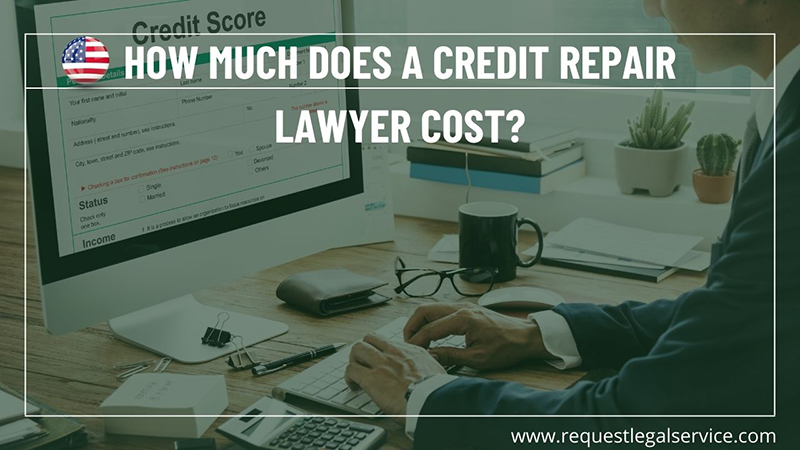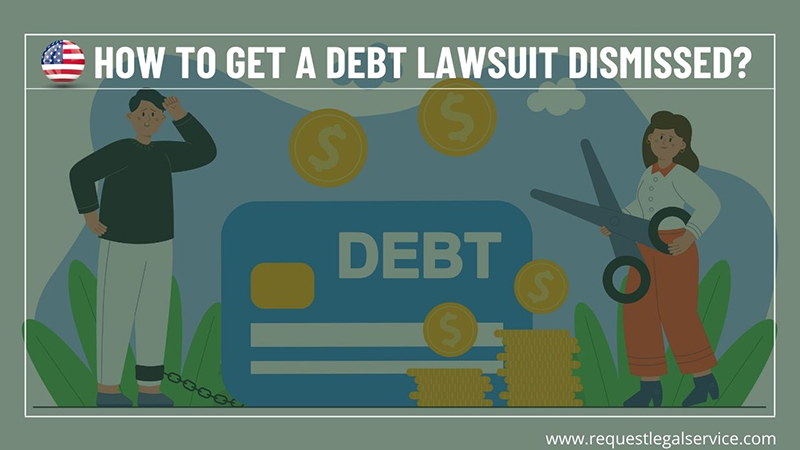
The Fair Debt Collection Practices Act (FDCPA) is a Federal law that governs the activities of third-party debt collectors for personal debts.
Few examples of the personal debt are- home loans, auto loans, medical bills, consumer loan, credit card and so.
The FDCPA applies when the third-party debt collectors are collecting the debt on behalf of the original creditor.
The FDCPA does not apply when a collector is collecting a business debt.
The Fair Debt Collection Practices Act (FDCPA) does not protect debtors from those who are attempting to collect a personal debt.
For example, if you owe money to the local hardware store and the owner of the store calls you to collect that debt, he is not a debt collector under the terms of this act.
The Fair deb collection practices act only applies to third-party debt collectors.
Prohibited Collection Practices
When one of your creditors appoints a third-party to collect the debt, the collector is bound to follow the rules of the FDCPA.
If an Attorney is appointed as third-party collector he also bound to follow such rules.
A debt collector cannot do several things under the FDCPA. Such as:
- A debt collector cannot call you before 8 am or after 9 pm, based on your time zone.
- Also he cannot call you at work. The collector should aware about that your employer does not allow those phone calls.
- Moreover he cannot hide his identity on the phone.
- Similarly a debt collector cannot ignore a written request from you to stop further contract.
- Debt collector cannot harass you physically or mentally.
Debt collection guidelines
The FDCPA also control how a debt collector should communicate with the debtor and related person with the debtor.
The methods of the communication should be like:
- Debt collector is prohibited to give information regarding your debt except your spouse or your parent if you are a minor.
- He cannot communicate via postcard or use any kind of sign on a envelope that indicates you are a debt collector.
- Secondly, a debt collector can only communicate with the Attorney, If debtor appointed an Attorney.
- The debt collector cannot use any form of abuse or harassment when attempting to collect the debt.
- There should be no threat of violence against the debtor.
- In addition,
- debt collector cannot use any offensive or profane language while communicating with the debtor via phone or on e-mail.
- Apart from that,
- The collection agencies and their collector cannot publish any kind of list of debtor who did not paid a debt except to a consumer bureau.
What if violation of debtor rights under the FDCPA?
Whenever a debtor’s rights were violated by the debt collector, he can file a law suit against the debt collector within one year from the date of the violation.
Furthermore, he could receive up to $ 1,000 in addition to actual damages and the Attorney fees.
You should file a complaint to the Consumer Financial Bureau via online complaint form or call to (855) 411-2372, if such violation happen with you.
To further help you to file lawsuit regarding this topic, please contact with our learned Attorney/Lawyer.
Source: https://www.investopedia.com/terms/f/fair-debt-collection-practices-act-fdcpa.asp



